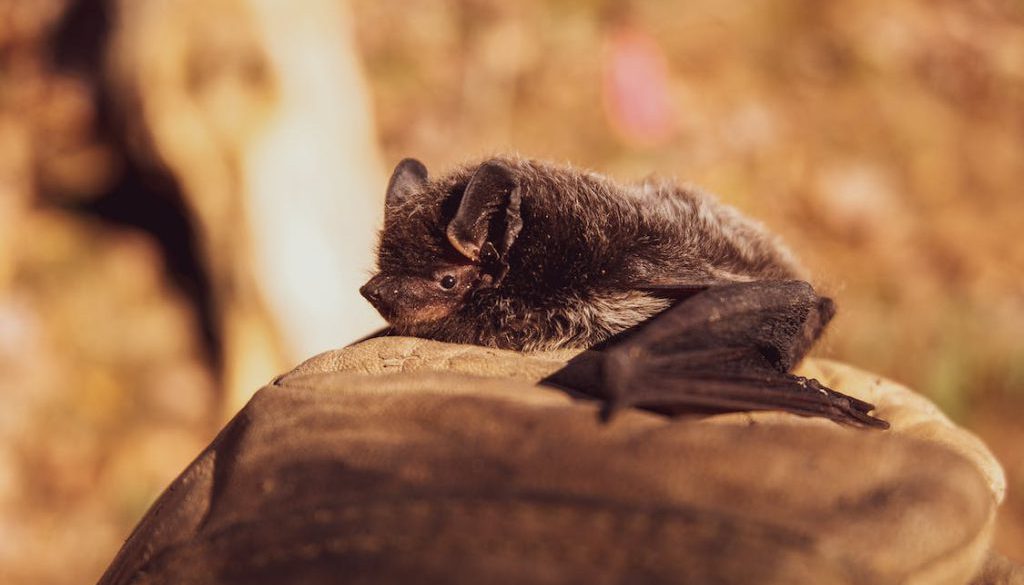Among the diverse and captivating wildlife, Fruit Bats stand out as nature’s unsung heroes. Often misunderstood, these creatures play a pivotal role in the ecosystem, especially in tropical regions of Africa, Asia, and Australia. Let’s embark on a journey to discover the intriguing facts about fruit bats.
Fruit Bat’s Diet
Unlike their insect-eating cousins, Fruit Bats primarily feast on, well, fruits! From juicy mangoes to refreshing nectar and delectable flowers, their diet is a testament to their name. They are nature’s natural gardeners, helping in the seed dispersal of fruit trees.
Fruit Bat’s Habitat
Fruit Bats find solace in warmer climates, predominantly flourishing in the tropical and subtropical regions. These regions, rich in fruit trees and flowers, provide an abundant food source, making them the perfect sanctuary for these nocturnal animals.
Types of Fruit Bats
The Fruit Bat family is vast and varied. From the renowned Flying Foxes of Asia and Australia to the petite African Fruit Bats, the diversity is truly astounding. Each species, with its unique characteristics, contributes to the ecological balance.
Fruit Bat Behavior
Being nocturnal creatures, Fruit Bats come alive as the sun sets. Their keen sense of smell and excellent night vision aid them in navigating and locating ripe fruits, ensuring a sumptuous nightly feast.
Life Cycle of a Fruit Bat
The fascinating journey of a fruit bat begins from birth, often in large colonies, progressing through stages of adolescence, adulthood, and eventually aging. Their life cycle, though faced with numerous natural challenges, plays a crucial role in tropical wildlife dynamics.
Fruit Bats as Nocturnal Creatures
When darkness engulfs the sky, Fruit Bats take their rightful place, ruling the night. Their nocturnal nature not only aids in evading daytime predators but also capitalizes on the nighttime abundance of ripe fruits.
Pollination by Fruit Bats
Beyond just consuming fruits, these bats play a cardinal role in pollination. As they flutter from flower to flower, sipping nectar, they inadvertently ensure the continuation of numerous plant species, making them unsung heroes of the tropical ecosystem.
Endangered Species of Fruit Bats
Regrettably, many Fruit Bat species face the brink of extinction. Human encroachments, habitat destruction, and hunting are some major threats. Their endangered status is a call to action for conservation initiatives.
Fruit Bats in Tropical Wildlife
In the grand tapestry of tropical wildlife, Fruit Bats are threads binding the ecosystem. Their role in seed dispersal and pollination is paramount in maintaining the diversity and health of tropical forests.
Conclusion
Fruit Bats, with their intricate balance of grace and utility, are nature’s treasures. As guardians of the night and stewards of the forest, understanding and appreciating them is not just an ecological necessity but a testament to the wonders of nature.
Embark on this exploration with an open heart, and you’ll find that the night holds more wonders than just twinkling stars; it whispers tales of Fruit Bats, nature’s nocturnal marvels.




